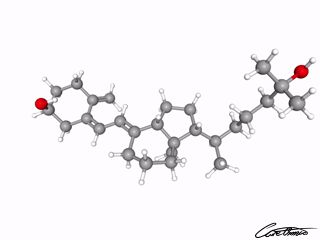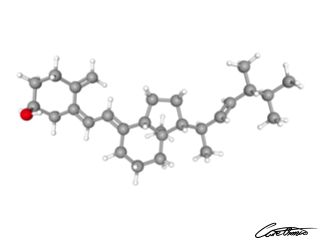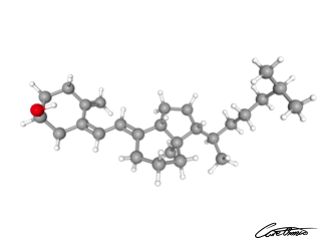Vitamin D: How To Use It For Your Benefit
Vitamin D is a collective name for two fat-soluble substances. Ergocalciferol (D2) and cholecalciferol (D3). Vitamin D is essential for humans. Vitamin D deficiency is common in all age groups.
Vitamin D is a member of the family of fat-soluble vitamins.
Table of Contents
What Is Vitamin D?
Vitamin D has some unique characteristics. Vitamin D is not a vitamin despite its name, it is a hormone. It’s also the only nutrient that you can get through the skin from exposure to sunlight.
Vitamin D is an essential vitamin that helps regulate the amount of calcium and phosphate in the body. It’s needed to keep bones, teeth, and muscles healthy, among other important things like helping fight respiratory infections.
Vitamin D Deficiency
Vitamin D deficiency is a major global public health issue. It comes from inadequate dietary intake and exposure to sunlight.
Sources Of Vitamin D
Getting vitamin D from the sun is one of the best ways to get it, especially during the summertime. It also depends on where you live.
Few foods naturally contain vitamin D. Obtaining sufficient vitamin D from natural food sources alone is difficult.
Among the best sources, you will find the flesh of fatty fish, such as salmon, tuna, and mackerel, and fish liver oils.
Fortified foods are the most common dietary source of vitamin D intake in many countries.
Plenty Of Vitamin D Supplements Available
There are a plethora of Vitamin D supplements available to choose from.
The best part is that they are quite cheap when compared to other supplements.
The trick is to know which one to buy.
We've written a whole article about what Vitamin D supplements we think is of the highest quality. It's name is Recommended Vitamin D Supplements
Too Much Vitamin D
Large amounts of vitamin D can be toxic and might lead to excessive levels of calcium in the blood, calcium storage in the kidneys.
You can not get dangerously high amounts of vitamin D through food, but if you eat supplements that contain vitamin D, you can get too much. Recommended levels are important to keep when eating supplements.
All Our Articles About Vitamin D
Below you will find a selection of articles about Vitamin D.
Vitamin D, all you need to know
Here we cover all about vitamin D. From why you must have it, where to find it to how to get enough of it.
The big article: Vitamin D: Why You Must Have It & How To Get Enough Of It
Calcifediol (25-hydroxycholecalciferol)

Calcifediol is a pre-hormone to vitamin D3. To measure your vitamin D level, it is the calcifediol in your body that is measured. Learn more about this relatively unknown compound in our article: What Is Calcifediol & What Foods Can I Find It In?
There are several potential health benefits of consuming calcifediol. Find out what they might be and if they can do something for you in our article: Calcifediol: 5 Research-Backed Benefits
Vitamin D (D2 + D3)
Vitamin D exists in two forms. Vitamin D2 and Vitamin D3. You can find more information about them in our article: What Is Vitamin D & What Foods Can I Find It In?
Together they possess several health benefits that are essential for maintaining normal health. Read about them in our article: Vitamin D (D2 + D3): 12 Research-Backed Benefits
Vitamin D2 (Ergocalciferol)

Vitamin D2 is a bit less effective than D3 when it comes to supplements. Find out in what way in our article: What Is Vitamin D2 & What Foods Can I Find It In?
It is still a good source of getting vitamin D and all its health benefits. See what kind of benefits vitamin D2 possesses in our article: Vitamin D2: 12 Research-Backed Benefits
Vitamin D3 (Cholecalciferol)

Vitamin D3 is the vitamin D that is synthesized by the human body through the action of sunlight. Learn how this is possible in our article: What Is Vitamin D3 & What Foods Can I Find It In?
Vitamin D is vital for your health. It has many health benefits. Check them out in our article: Vitamin D3: 12 Research-Backed Benefits
Vitamin D measured in IU
IU is a unit of measurement for vitamins and other specific substances. Learn more about it and see how IU can be converted to mcg in What Is Vitamin D In International Units & What Foods Can I Find It In?
